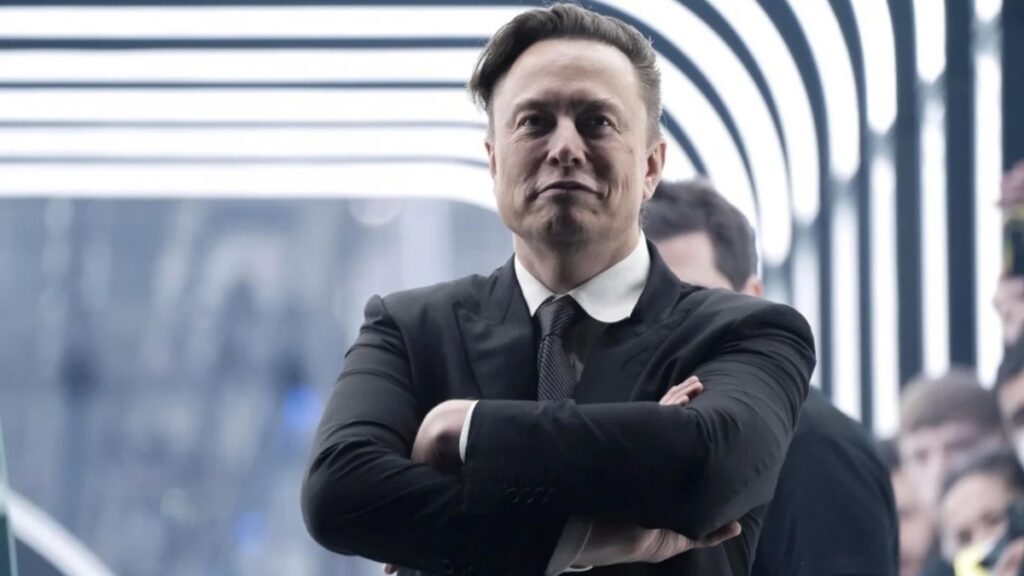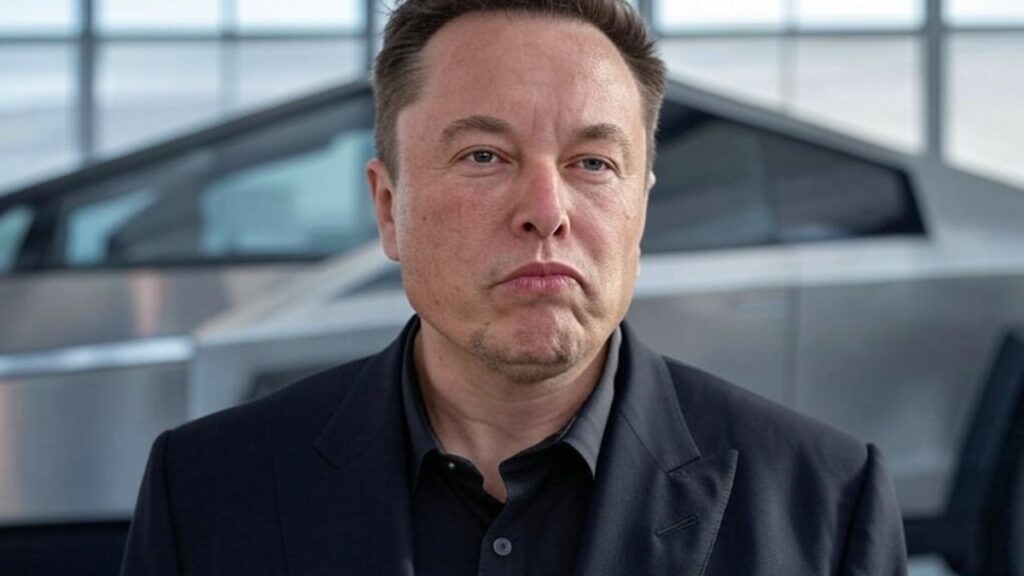In a bold and contentious move to cut federal expenditures, Elon Musk’s Department of Governmental Efficiency (DOGE) has executed significant layoffs at the U.S. Department of Energy, affecting the National Nuclear Security Administration (NNSA). This sweeping decision, which saw hundreds lose their jobs, has sparked alarming debates about national security and the oversight of America’s nuclear capabilities.
Layoffs Shake the Department of Energy
Last week, the DOGE implemented drastic reductions within the Department of Energy, eliminating approximately 1,000 roles, including 300 within the NNSA, a body charged with maintaining the safety of the U.S. nuclear stockpile. These layoffs occurred without sufficient consideration of the critical functions these personnel performed, resulting in significant disruptions to key nuclear programs.
Notably, the Pantex Plant in Texas, responsible for assembling nuclear warheads, suffered a reduction of its workforce by 30% with little warning. This abrupt cut caused operational chaos, with many employees losing access to their work emails before they were officially informed of their dismissals, exacerbating feelings of confusion and frustration.
In response to public backlash, Teresa Robbins, the interim leader of the NNSA, reinstated some of the affected employees, yet 28 remain without their positions. This lack of coordinated decision-making raises serious concerns about the management of crucial responsibilities within national security frameworks.
National Security at Risk
The immediate fallout from these layoffs has raised critical questions about national security. With the removal of experts in nuclear weapons and radioactive waste management, there are legitimate concerns around the integrity and safety of the nation’s nuclear arsenal. Daryl Kimball, executive director of the Arms Control Association, condemned the DOGE’s strategy, emphasizing that it appears to undervalue the significance of the agencies it is restructuring.
While Energy Secretary Chris Wright assured the public that neither Musk nor the DOGE has direct access to sensitive nuclear data, Musk’s rising influence within governmental procedures—as well as his connections to former President Trump—has ignited fears concerning potential security vulnerabilities. Musk’s growing role in reshaping essential government functions introduces a new level of uncertainty regarding national security.
Consequences of Impulsive Decisions
This situation underscores the peril of hastily made decisions regarding human resources in critical government sectors. Streamlining operations for efficiency is one aspect, but dismantling vital roles without a comprehensive understanding of their importance is another matter entirely. The nuclear weapons specialists who faced layoffs are more than mere figures on a spreadsheet; they are pivotal to the stability of the nation’s most dangerous assets.
It’s crucial to fully appreciate the specific responsibilities that are being jeopardised before pushing for significant cuts. Effective national defense and nuclear security necessitate thorough planning and deliberation—it cannot be sacrificed on the altar of budgetary prudence.
As this situation develops, the U.S. government must grapple with a pressing inquiry: how can it uphold national security while balancing the growing influence of private individuals in public governance? The resolution to this dilemma will likely influence defense policy and government oversight for years to come. Calls are growing louder for the reinstatement of those abruptly dismissed and a reevaluation of how such essential departments are operated.
Ultimately, the security of a nation’s nuclear arsenal is not something to be taken lightly. This incident illustrates that the stakes are exceedingly high, and even well-meaning efficiency efforts can yield unforeseen consequences if not carefully managed.







